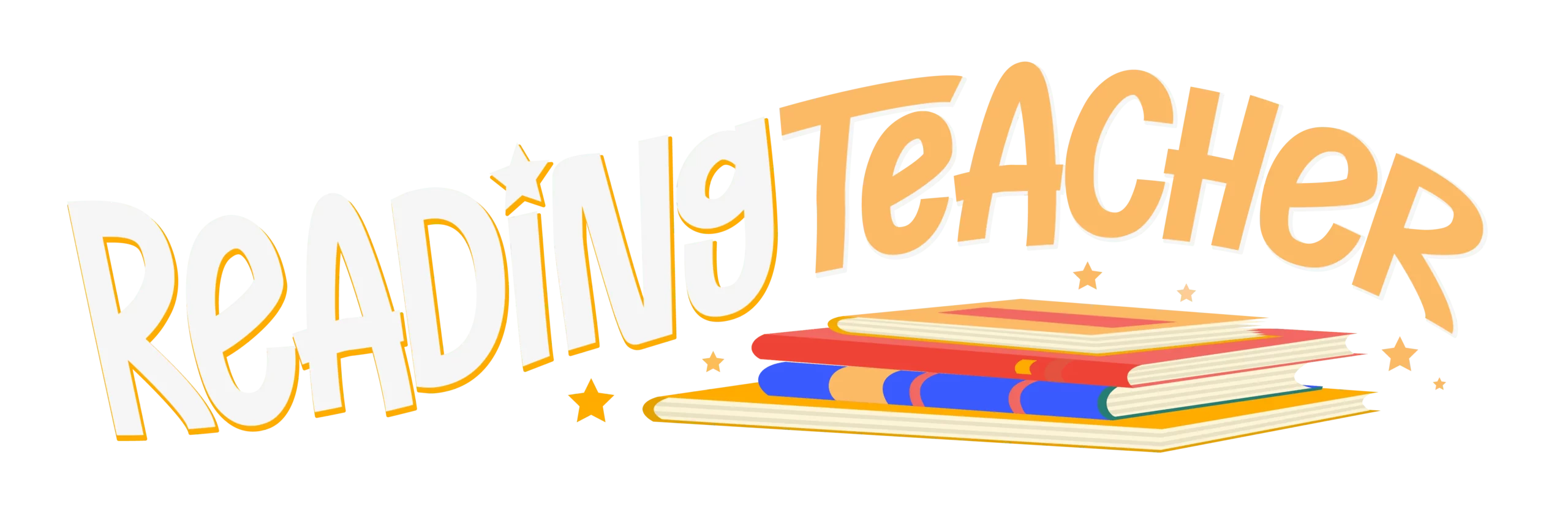Nurturing Young Minds: Choosing the Best Reading Program for 1st Graders
 As first graders embark on their reading journey, selecting the right reading program can have a significant impact on their literacy development. A well-designed reading program can engage young learners, build foundational skills, and foster a love for reading. In this article, we will explore key considerations for choosing the best reading program for 1st graders. By understanding the essential elements of an effective reading program and evaluating available options, parents, teachers, and educators can make informed decisions to support the reading success of 1st graders.
As first graders embark on their reading journey, selecting the right reading program can have a significant impact on their literacy development. A well-designed reading program can engage young learners, build foundational skills, and foster a love for reading. In this article, we will explore key considerations for choosing the best reading program for 1st graders. By understanding the essential elements of an effective reading program and evaluating available options, parents, teachers, and educators can make informed decisions to support the reading success of 1st graders.
Phonics-Based Instruction:
An effective reading program for 1st graders should prioritize phonics instruction. Phonics teaches the relationship between sounds and letters, enabling children to decode words and develop strong foundational reading skills. Look for programs that provide explicit, systematic, and sequential phonics instruction to support young readers' ability to sound out words accurately.
Balanced Literacy Approach:
A balanced literacy approach integrates various instructional components, including phonics, comprehension, vocabulary development, and fluency. Seek programs that incorporate a range of reading activities, such as read-alouds, shared reading, guided reading, and independent reading. A balanced literacy approach ensures a well-rounded reading experience that addresses the multiple facets of reading comprehension.
Engaging and Authentic Texts:
Choose a reading program that offers a diverse selection of engaging and authentic texts suitable for 1st graders. Look for programs that include both fiction and non-fiction texts, encompassing a variety of genres, topics, and reading levels. Well-chosen texts with age-appropriate content and engaging illustrations captivate young readers and promote a love for reading.
Differentiated Instruction:
Every 1st grader has unique learning needs and abilities. Opt for a reading program that provides differentiated instruction to meet the individual needs of students. Look for programs that offer leveled reading materials, provide small group instruction, and incorporate strategies for supporting struggling readers as well as challenging advanced readers.
Assessment and Progress Monitoring:
A good reading program includes ongoing assessment and progress monitoring tools. These tools help identify areas of strength and areas for growth, allowing educators and parents to track a child's progress and provide targeted support. Look for programs that offer regular assessments, such as running records, sight word assessments, and comprehension checks.
Conclusion:
Selecting the best reading program for 1st graders is a crucial step in nurturing their literacy development. Consider programs that prioritize phonics instruction, adopt a balanced literacy approach, offer engaging and authentic texts, provide differentiated instruction, and incorporate assessment and progress monitoring. By choosing a program that aligns with these key elements, parents and educators can ensure that 1st graders receive a comprehensive and effective reading education. Remember, a strong foundation in reading sets the stage for future academic success and a lifelong love for learning.
